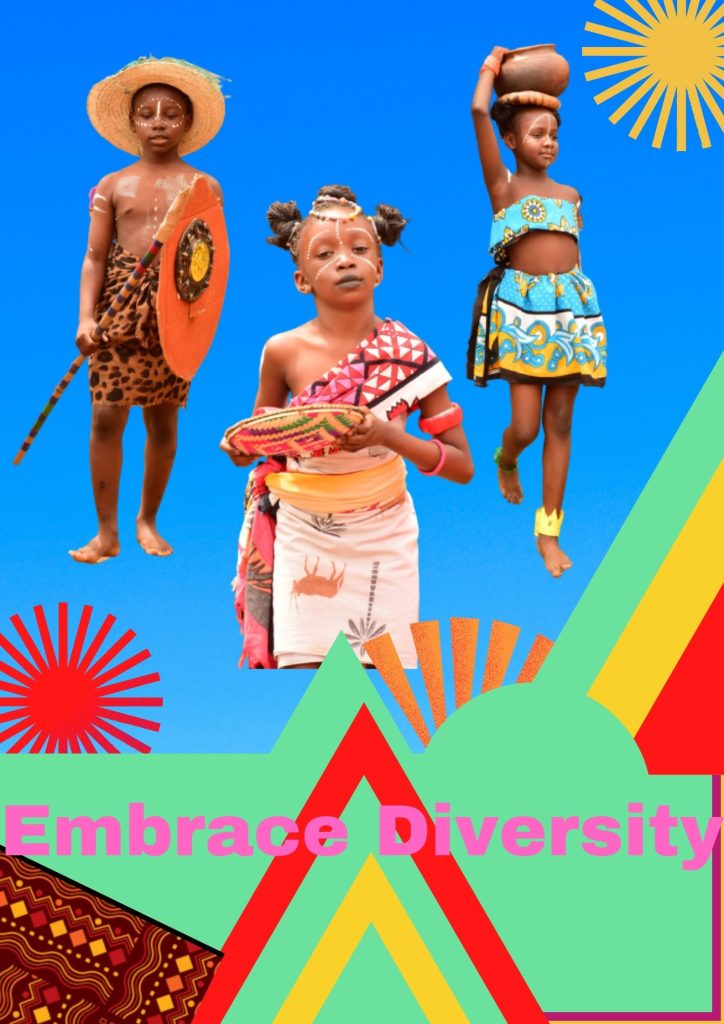“Way of life”, is what people define culture. The way people do things, the way they dress, what they cook and eat, religion, music, and so on. All these define what culture is. It is being passed from one generation to another. Culture makes a vibrant society, which can be expressed in many ways through expressing ourselves in the way we celebrate, entertain ourselves, and imagine our future. We experience culture through an array of ways, and these include children too;
- Through customs
- Through routines socially
- Daily activities
When we involve our kids in these experiences, we will help them make sense of the social world, feelings, thoughts, and even shape their actions. When I state the word “we”, am talking about both parents and a teacher. In the current society, parents come from different cultures, and their children are maybe subjected to learning in one institution with other kids from other communities. Teachers will be given the task to educate children who may not share their cultural groups or heritage. In this kind of mismatch, it is recommended to help children have positive thoughts and see the beauty of diversities brought about by different cultures. This is why in most cases; you will find different schools holding cultural days to show this splendid diversity of cultures in our country. It is very important to acknowledge and incorporate cultural knowledge, patterns, and ways of learning and instill them in child’s minds to ensure children’s acceptance of the world’s beauty of diversity.
Every child has his or her own way of interacting with the world around him or her, what they receive from the environment around them and others shapes how they behave and think. Therefore, knowledge about the different cultural groups will help them cub the curiosity about the world, and a love for the people around them will intensify.

Below are some examples of different perspectives of culture:
- Social Learning Theory: According to this theory, children learn about their culture and develop their beliefs and behaviors through observation, imitation, and reinforcement. Parents, teachers, and other members of a child’s community serve as models for the child, and they learn from the rewards and punishments they receive for their behavior.
- Cultural-Historical Theory: This theory emphasizes the role of social interaction and the importance of cultural context in shaping a child’s development. According to this perspective, children’s learning is influenced by the cultural practices and tools that are available to them, as well as the social relationships they have with others in their community.
- Ecological Systems Theory: This theory focuses on the multiple contexts that influence a child’s development, including the cultural context in which they live. According to this perspective, children are influenced by a range of factors, including their family, school, neighborhood, and larger cultural context. The cultural beliefs, values, and practices of these different contexts can all have an impact on a child’s development.
- Attachment Theory: This theory emphasizes the importance of early relationships in shaping a child’s development. According to this perspective, children’s attachment relationships with their parents or primary caregivers are influenced by cultural beliefs and practices, which in turn can shape a child’s emotional, social, and cognitive development.
Overall, these different schools of thought all emphasize the importance of culture in shaping children’s development. Children are influenced by the cultural practices, beliefs, and values that surround them, and these factors can have a profound impact on their social, emotional, and cognitive development.

